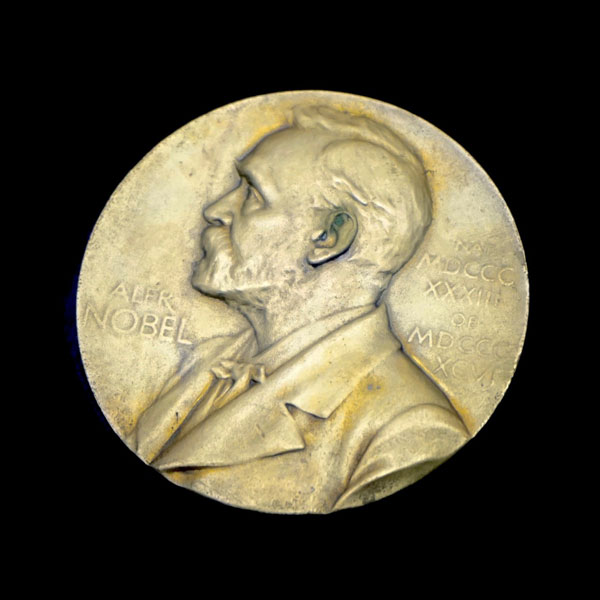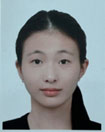Three scientists awarded Nobel Prize in Chemistry for predicting and inventing proteins

[The Nobel Prize. Photo credit: Pixabay]
The Nobel Prize in Chemistry was awarded to three scientists for their groundbreaking discoveries that demonstrate how advanced technology, including artificial intelligence, can predict the protein structures- essential tools in life’s chemistry- and inspire the creation of new ones.
The laureates include Demis Hassabis and John Jumper from Google DeepMind, who utilized A.I. to predict millions of protein structures, and David Baker from the University of Washington, who developed a new protein using computer software.
The year’s laureates’ work has a profound impact in the field, as understanding protein function requires knowing their structure, which is a feat achieved by this year’s winners.
What once took months or even decades can now be accomplished in just a matter of hours or even minutes, thanks to A.I. models like AlphaFold.
AlphaFold is an AI-driven system that is able to accurately predict the 3D structures of proteins using only their amino acid sequences.
Its speed has practical applications and has been cited in over 20,000 scientific studies, aiding biochemists in expediting drug discovery.
The Nobel committee noted that the AlphaFold2 enabled the Google team to determine the structures of all human proteins and eventually predict the structure of nearly all 200 million proteins identified by researchers while mapping Earth’s organisms.
This advancement could lead to new biological tools, like enzymes that break down plastic bottles efficiently, turning them into materials that are simple to reuse and recycle.
Proteins and enzymes are microscopic machines that govern the functioning of viruses, bacteria, the human body, and all living organisms.
They begin as chains of chemicals that twist and fold into specific 3D shapes, which determine their function and capabilities.
For over 50 years, finding these precise shapes of proteins was a long, difficult task known as "the protein folding problem."
Many scientists believed a breakthrough in protein folding was still years off.
However, in 2020, Google researchers introduced AlphaFold2 at the next competition, demonstrating that it had effectively solved the problem by predicting protein structures with accuracy comparable to physical experiments.
Dr. Baker was asleep when the committee notified the laureates while Dr. Jumper recorded a video of himself sharing the news with colleagues on a video call, where he was met with hugs and cheers.
The Nobel Prize in Chemistry marked the second instance involving artificial intelligence, underscoring the technology's increasing importance in scientific research.
John J. Hopfield and Geoffrey E. Hinton received the Nobel Prize in Physics for discoveries that advanced artificial intelligence, allowing computers to learn in ways that resemble human brain function and providing essential foundations for future developments.
A.I. is revolutionizing scientific research, enhancing the ability to address problems which were once considered unsolvable.
This year’s Nobel Prize in Chemistry underscored A.I.’s dual-purpose nature.
While its potential for positive impact is undeniable, there are also concerns regarding its misuse such as being exploited for harmful purposes.
There are concerns that this technology could be misused to create new viruses or toxic substances for biological attacks.
In response, over 90 scientists signed an agreement this year to regulate the equipment necessary for manufacturing bioweapons, aiming to prevent harm from their A.I. research.

- Chloe Kim / Grade 11
- Seoul International School

![THE HERALD STUDENT REPORTERS [US]](/assets/images/logo_student_us.png)
![THE HERALD STUDENT REPORTERS [Canada]](/assets/images/logo_student_ca.png)
